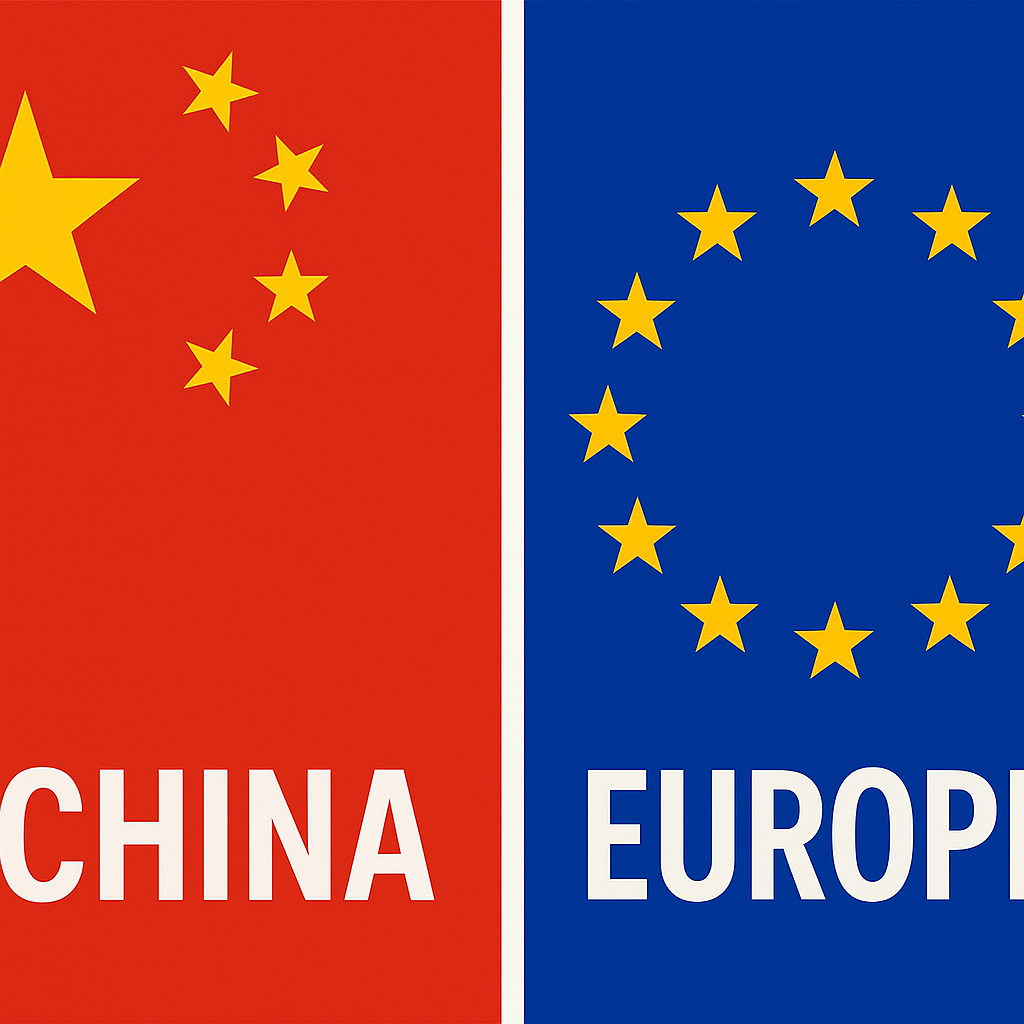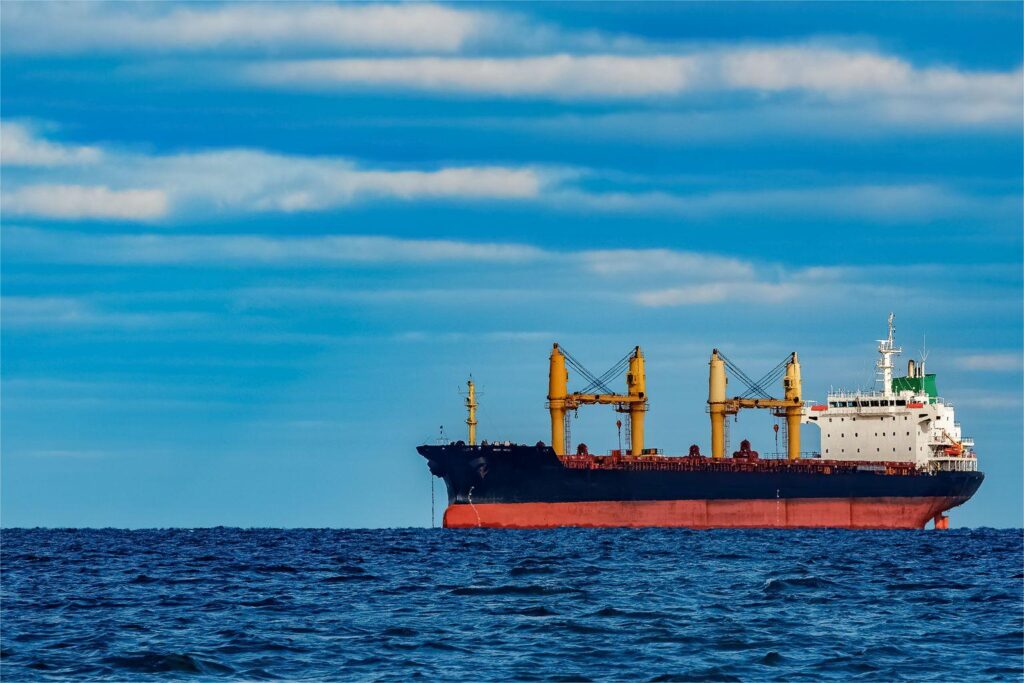If your business imports or exports goods, especially across European borders, you’ve likely encountered the term EORI number. This identifier is crucial for customs clearance, tracking, and compliance. In this guide, we’ll break down what it means, who needs it, and how it supports global shipping operations.
1. What Is an EORI Number?
EORI stands for Economic Operators Registration and Identification number. It’s a unique ID code used by customs authorities across the European Union and United Kingdom to identify businesses and individuals involved in international trade.
If you’re importing or exporting goods, especially by sea freight, air cargo, or road transportation, you need this number to process your shipments through customs. Without it, your goods could be delayed, held at the border, or even denied entry.

2. Who Needs an EORI Number?
Almost anyone involved in cross-border commercial trade with the EU or UK needs one:
| Trader Type | EORI Required? |
|---|---|
| EU-based importers/exporters | ✅ Yes |
| Non-EU traders | ✅ Yes (when interacting with EU customs) |
| UK-based businesses | ✅ Yes (post-Brexit) |
| Private individuals (non-commercial import) | ❌ Not required |
If you’re shipping via express, rail, sea, or air, and acting as the carrier or declarant, an EORI number is mandatory.
3. What Does an EORI Number Look Like?
An EORI number is made up of:
- A country prefix (like “GB” for the UK or “DE” for Germany)
- A unique ID, usually based on your company’s VAT number
Example: GB123456789000
This structure allows quick identification and electronic tracking across transport and customs systems in Europe.
4. How to Apply for an EORI Number
Applying for an EORI number depends on your country:
- EU-based companies apply through their national customs authority.
- UK businesses apply via HMRC’s online EORI registration portal.
- Non-EU companies should register with the first EU country they’ll interact with.
📌 Most applications take 48–72 hours to process, though some may be approved immediately.
5. Why Is an EORI Number Important for Transportation?
Here’s why transport operators can’t do without it:
- Freight Forwarders need it for customs declarations.
- Trucking companies transporting containers through EU ports must register EORI details.
- Airlines and couriers need it for entry summary declarations (ENS).
- Shipping companies handling FCL or LCL cargo entering EU zones use it to clear goods quickly.
📌With 30–40% of international shipments touching EU ports, this number helps streamline documentation and avoid detention charges or demurrage.

6. Consequences of Not Having an EORI Number
Not having an EORI number can result in:
❌ Shipment delays at customs
❌ Fines or penalties for non-compliance
❌ Goods being returned to origin
❌ Inability to lodge import/export declarations
In short, your global logistics chain could break down without it.
7. EORI and Brexit: What Changed?
Since Brexit, UK businesses need separate EORI numbers:
- For UK customs: EORI starting with GB
- For trading with Northern Ireland or the EU: EORI starting with XI
This ensures smooth cargo movement through major UK ports like Felixstowe, Dover, and Southampton, all critical gateways for cross-border shipments.
8. How Long Is an EORI Number Valid?
EORI numbers are generally valid indefinitely unless:
- Your company shuts down
- You request removal
- You commit customs fraud
Authorities may deactivate unused EORI numbers, especially if there’s been no customs activity for years.
9. Summary: Do You Need an EORI Number?
If your business handles:
- International trade in goods
- Freight shipments entering/exiting the EU/UK
- Customs declarations
- Bonded warehousing or transit documents
…then YES, you need an EORI number.
📌It’s free, easy to apply for, and vital for avoiding customs delays and transportation breakdowns.
Request a Quote
Need a tailored solution for your shipping from China?
Let TJ China Freight Forwarder assist you with reliable, cost-effective service.
FAQ:
Q1. Can I ship a parcel internationally without an EORI number?
Only for personal shipments under low-value thresholds. For commercial shipments, it’s required.
Q2.Is an EORI number the same as a VAT number?
No. However, in many countries, the EORI is built from your VAT number.
Q3. How do I check if my EORI number is valid?
Use the EU’s EORI validation tool.
Q4.Can one company have multiple EORI numbers?
Typically, no. One EORI per legal entity. Exception: Different numbers for EU and UK post-Brexit.
Q5.What’s the processing time for an EORI application?
It ranges from same-day to 3 business days depending on the authority.
